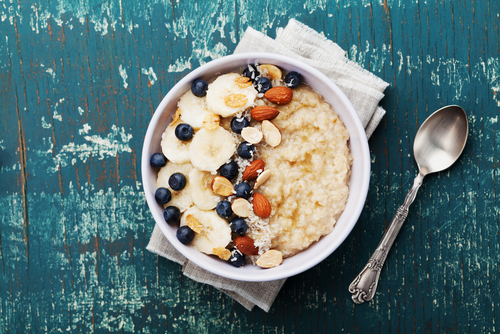
Toxic Pesticide Found In Vast Majority Of Tested Americans
An alarming new study found that a vast majority of Americans tested positive for a toxic pesticide regularly found in everyday food products on grocery shelves such as Cheerios and Quaker Oats.
Chlormequat exposure within acceptable daily consumption levels has been linked to impairment of fetal development and lower fertility. The plant growth regulator is increasingly in use in North American agriculture.
The research was carried out by the Journal of Exposure Science & Environmental Epidemiology. The findings were published by the Environmental Working Group (EWG).
Results from urine samples collected from U.S. residents between 2017 and 2022 showed small quantities of chlormequat present. That changed in 2023 samples which revealed the pesticide was present in much higher quantities.
Last year a staggering 90% of American subjects tested positive for chlormequat. That was up from 74% from 2018 to 2022 and 69% in 2017. Exposure was more frequent for those who consumed oat-based products such as cereals and other grains.
Is it the Chlormequat in #Cheerios that make them "heart healthy"?? @American_Heart https://t.co/h62mcI3ieA pic.twitter.com/IHDNRD0XVo
— Ken D Berry MD (@KenDBerryMD) February 16, 2024
According to the EWG, Washington permits the importation of the ‘highly toxic agricultural chemical.” Chlormequat is only allowed by the Environmental Protection Agency (EPA), according to the organization, to be used domestically in ornamental plants.
However, its use is allowed on imported oats and other grains that are destined for the nation’s grocery shelves. It is intended to make the plants grow more straight, which makes harvesting grain and oat crops easier.
The pesticide was not allowed on oats sold in the U.S. prior to 2018. But the EPA that year gave its permission for use on imported grains before increasing the permissible level two years later.
The EWG believes this is why the levels of the chemical are rising so rapidly in tested Americans.
There is a proposal now by the Biden administration to allow chlormequat on oats, barley, triticale and wheat grown domestically. This originated from a 2019 application submitted by chemical manufacturer Taminco.
The EWG opposes such a change.
Its 2022 testing showed chlormequat present in 92% of non-organic oat-based food products. Only two samples of wheat-based foods, both of them breads, showed low levels of the chemical.
Likewise, only one organic sample out of seven displayed levels of chlormequat.


